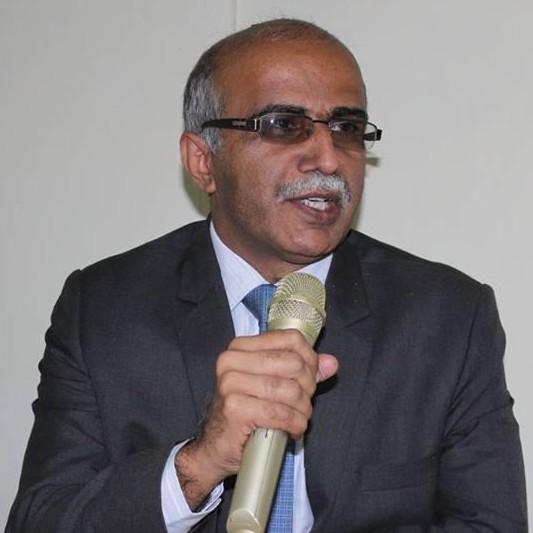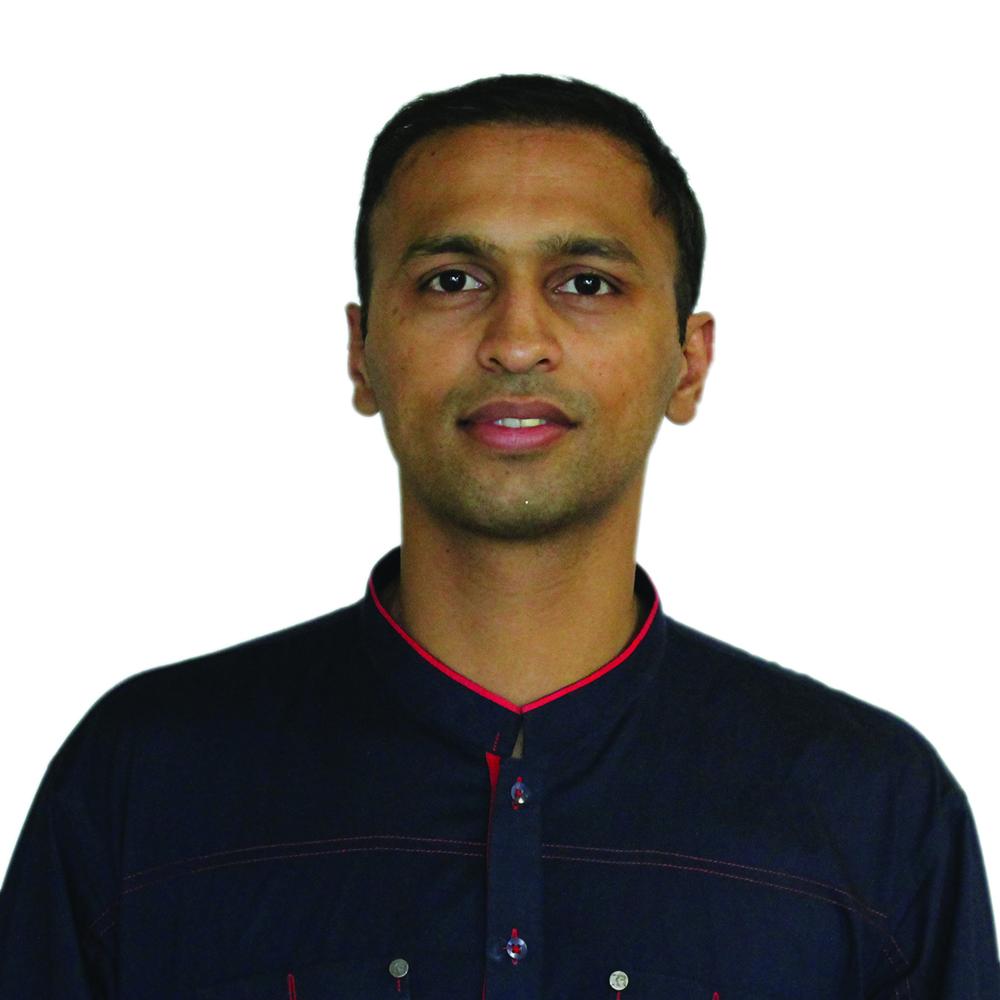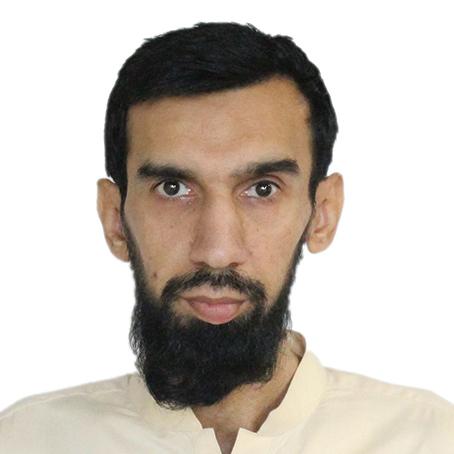BACHELOR OF ENGINEERING (B.E) IN ELECTRICAL ENGINEERING
More Info 136 credit hours
It is my pleasure to welcome you to the Department of Electrical Engineering at Isra University, Hyderabad. The department is committed to academic excellence and innovation, preparing students to meet the technological challenges of the modern world.
Our program is accredited by the Pakistan Engineering Council (PEC) and follows the Higher Education Commission (HEC)–approved curriculum, ensuring the highest academic standards and professional relevance. The department is proud to have a team of highly qualified, dedicated, and experienced faculty members who are passionate about teaching and mentorship. We provide our students with access to state-of-the-art laboratories, modern computational facilities, and a learning environment that fosters creativity, critical thinking, and professional growth.
List of Programs offered by Department of Electrical Engineering

More Info 136 credit hours
The four Program educational objectives (PEOs), as given below
Program outcomes are the narrower statements that describe what students are expected to know and be able to do by the time of graduation. These relate to the knowledge, skills and attitude that the students acquire while progressing through the program.
List of Faculty Members



